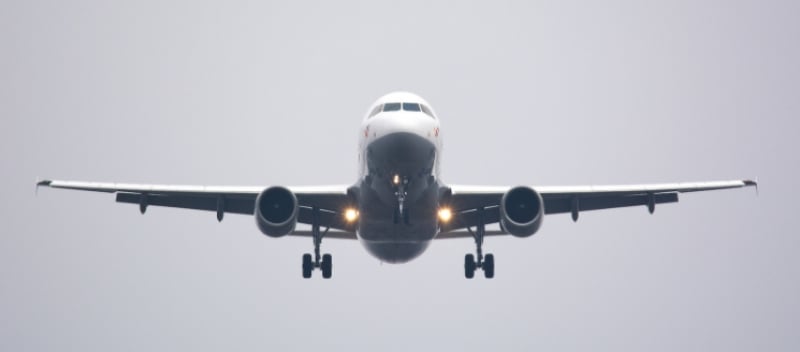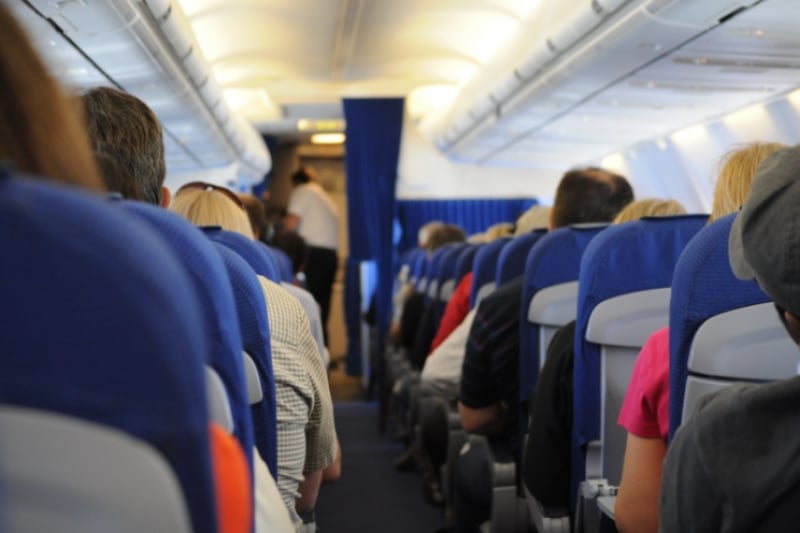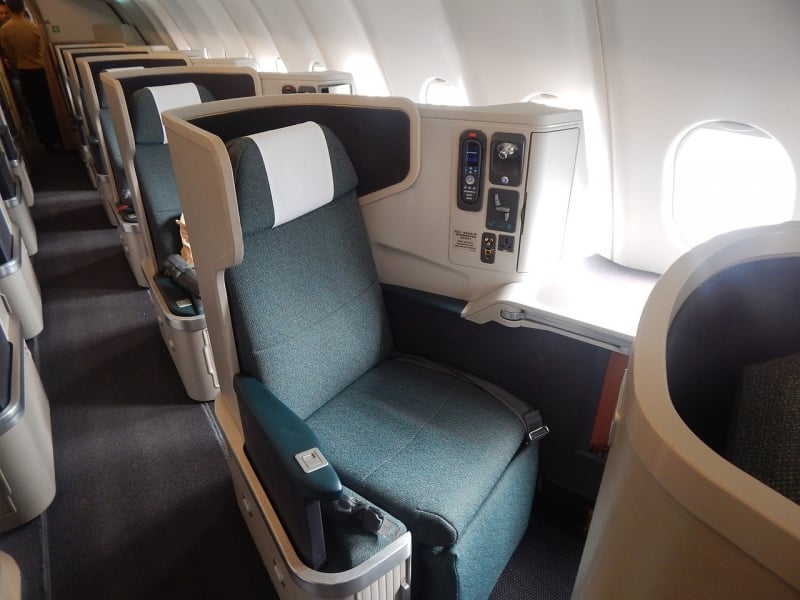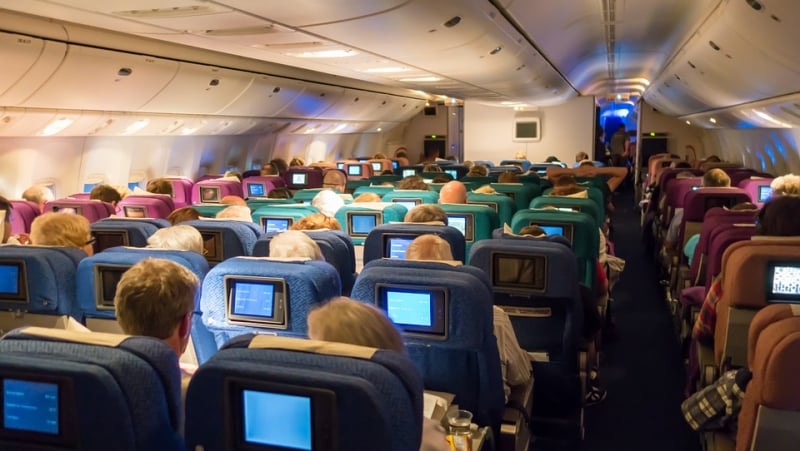
A recent study in Britain conducted by jetcost.co.uk found that 80% of Britons think that overweight passengers should be placed in a separate seating area aka “fat zones” with larger seats. 91% of these people also believed that their overweight counterparts should be forking out more money for their air tickets.
This age-old debate has been going on for quite awhile, with two main camps: First are the people who think that overweight people should pay more for their flight or sit in a certain designated area versus the rest who feel that it’s totally fine to be seated next to overweight people or don’t take action to address the situation of discomfort (if any), while sitting next to one.

One word: Comfort. The main reason for aversion to overweight people on the plane are the potential inconveniences. Based on the same survey, more than half of the British respondents expressed that they had been inconvenienced by an overweight person on their flight. These inconveniences ranged from the invasion of space to the “obstruction of passage”. Airline tickets can be expensive, and these people want to have a comfortable flight which is what they felt they had paid for.
A more practical side of the argument on why overweight people should pay more is that the plane has to burn more fuel if it carries more weight. Overweight people thus should be expected to pay more to compensate. Airlines, of course, do all they can to ensure that they travel as light as possible in order to save on fuel. To keep up with the rising rates of obesity over the years, Airlines like Samoa Air, Uzbekistan Airways and Hawaiian Airlines have implemented a new policy to weigh their passengers before assigning them to specific seats in order to distribute the weight more evenly around the plane. Although many thought Hawaiian Airlines was sued for being discriminatory, the airline won the lawsuit, claiming that an even distribution of weight can prevent crash landings.

Practicalities aside, since we all agree that comfort reigns supreme on a passenger’s priorities when flying, shouldn’t overweight passengers also be entitled to a stress-free journey?
One contributor on The Economist shared that he is an overweight airline passenger and feels that he should pay more for two seats as “you pay for what you get”. He added that he needed more space and hence it was reasonable for him to shell out more. Another overweight contributor elaborated on the disrespect she received simply because people judged her on her weight. There are many contributors like her who take to online platforms to reveal how difficult it is to fly just because they are judged on their appearances. Some even have fears of getting kicked off the plane simply for being heavier than others.
This leads us to discuss the practicality of having “fat zones” on flights which cater specially to plus-sized passengers. Should “fat zones” be implemented so that a group of “overweight” people can sit together on wider seats (which cost more)? And if so, would that be considered open discrimination?

We don’t think that taking a flight should make anyone feel so much discomfort. If we are working towards an inclusive society, it makes all the difference if we all could exercise some degree of politeness onboard. After all, like basic human rights, passenger rights dictate that everyone has the right to fly. For now, overweight passengers who can afford it have the option of paying for wider seats for their own comfort but a higher price for overweight passengers definitely should not be condoned because it’s not right for people to pay more because of their body size. Perhaps a better solution at present would be the option to switch overweight passengers to a “fat zone” at no extra cost involved.
At the same time, it is important to note and understand that weight-based discrimination is a serious problem. Medical conditions like thyroid or diabetes may influence weight gain – and even if that’s not the case, we should all accept that people come in different shapes and sizes. All these certainly do not warrant discrimination.
In learning to become more compassionate, we can thus take the first step into forming a more inclusive society that cares for people other than ourselves. Remember, not every overweight passenger has the ability to upgrade to wider seats, and they are facing discomfort too – perhaps even more than you.




